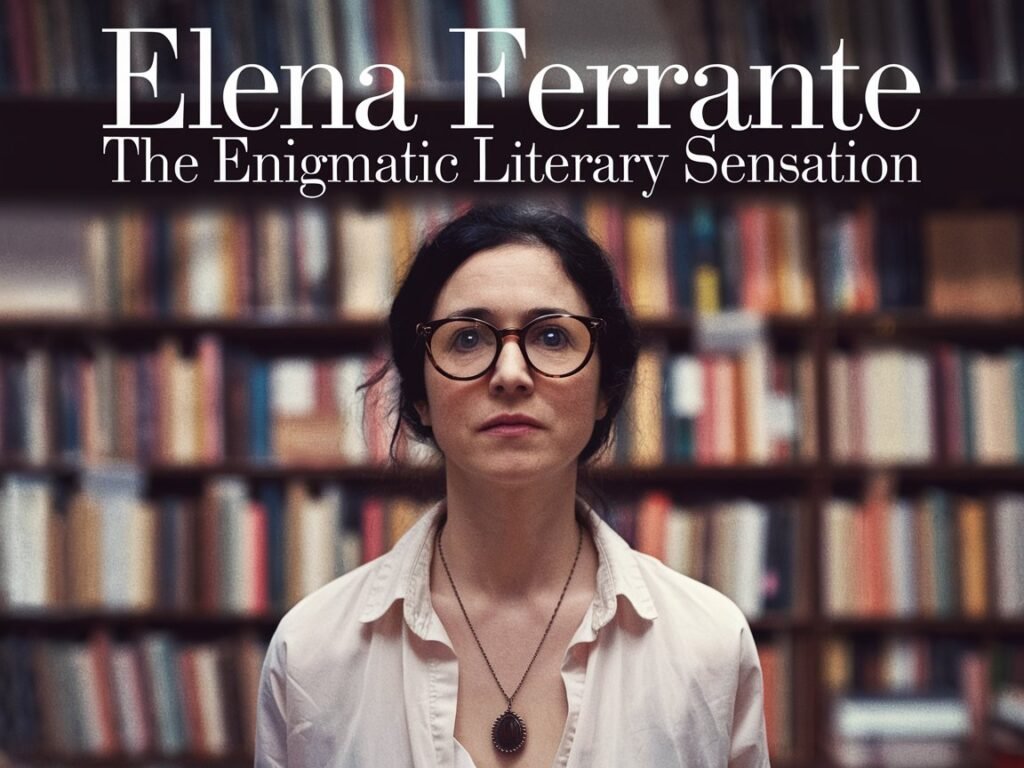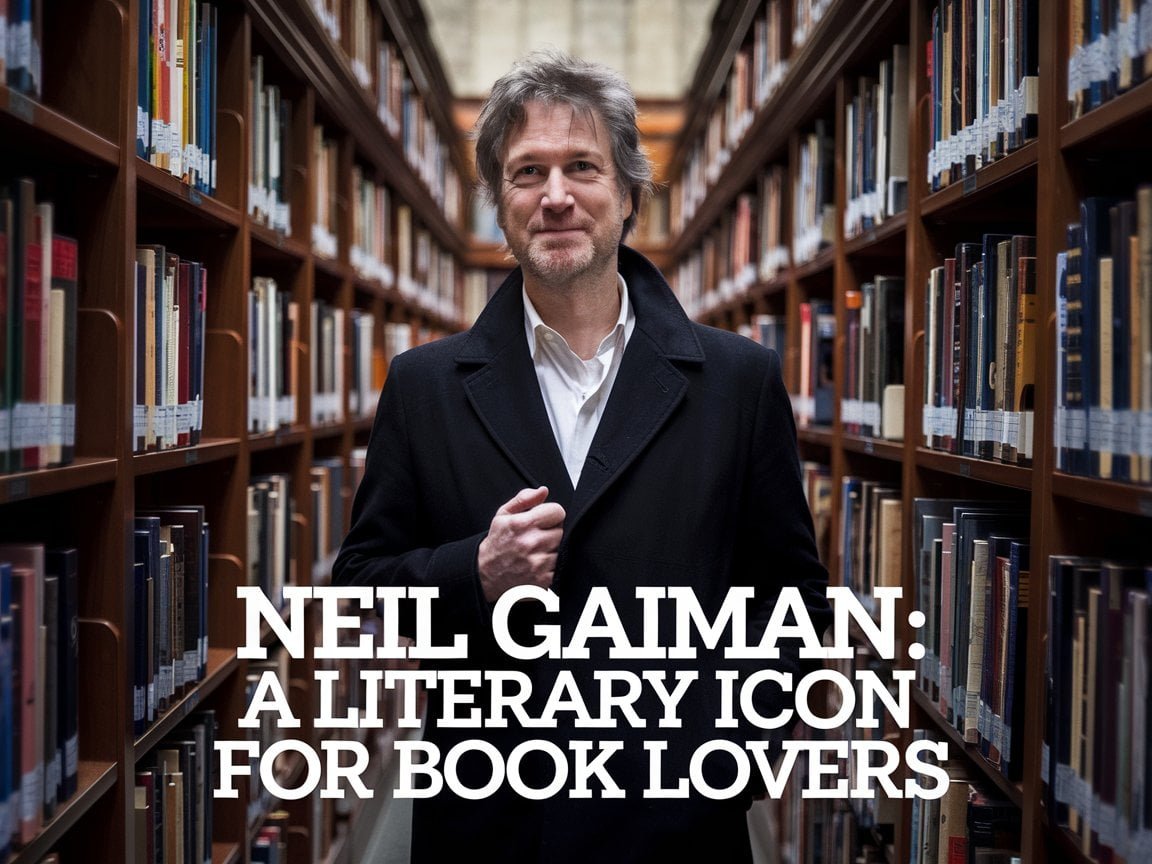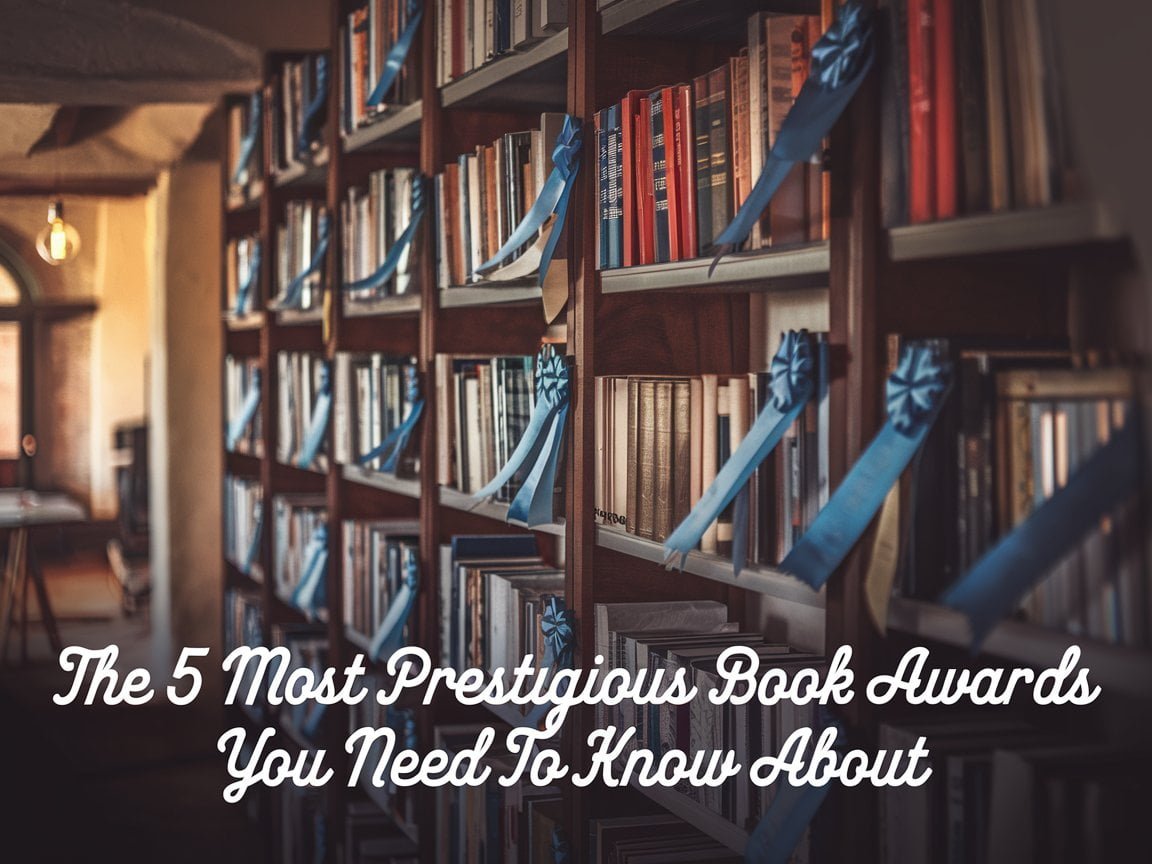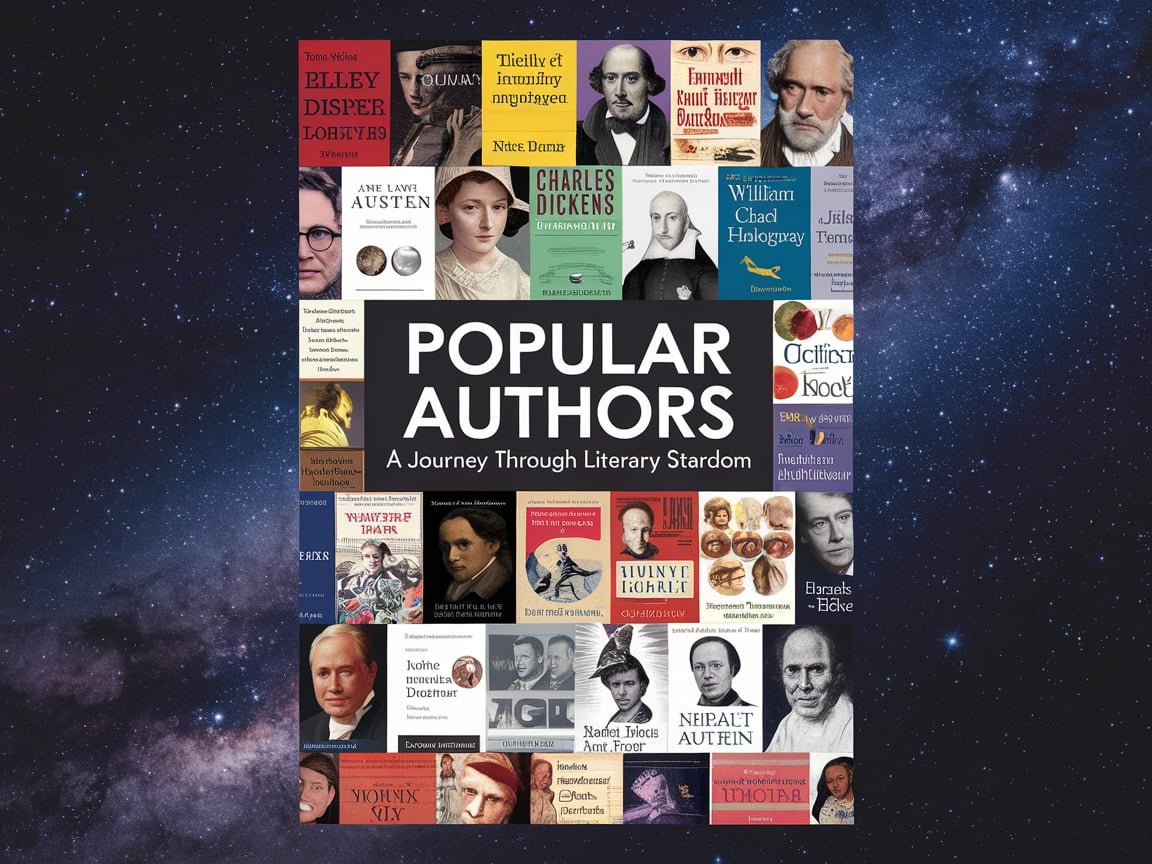Picture this: You’re at a swanky literary soirée, sipping on a glass of Prosecco (because we’re fancy like that), when someone drops the name “Elena Ferrante” into the conversation. Suddenly, the room erupts into a frenzy of passionate debates, wild theories, and dramatic gasps. Welcome to the world of Elena Ferrante, folks – where mystery meets masterpiece, and book lovers lose their collective minds.
Elena Ferrante: The Phantom of the Opera (House)
Let’s start with the elephant in the room – or should I say, the author who isn’t in the room. Elena Ferrante is the J.D. Salinger of our time, minus the whole “actually knowing what they look like” part. This literary superstar has pulled off the ultimate disappearing act, writing bestsellers while remaining more elusive than my cat when it’s time for a vet visit.
But here’s the kicker: We don’t know squat about Elena Ferrante. Is Elena even her real name? Is she actually a “she”? Is she secretly your next-door neighbor who always seems to be typing furiously at 3 AM? The world may never know, and that’s exactly how Ferrante likes it.
Elena Ferrante’s Books: Where Reality Meets Fiction (and Has a Few Drinks)
Now, let’s dive into the good stuff – the books that have turned Elena Ferrante from a mysterious author into a global phenomenon. Buckle up, book lovers, because we’re in for a wild ride through the streets of Naples and the depths of the human psyche.
The Neapolitan Novels: Elena Ferrante’s Magnum Opus (Or Should We Say, Magnumi Opi?)
If you haven’t heard of the Neapolitan Novels, I have to ask: What rock have you been living under, and is there room for one more? This four-book series is the literary equivalent of binge-watching your favorite TV show, only with more existential crises and fewer commercial breaks.
- “My Brilliant Friend“
- “The Story of a New Name“
- “Those Who Leave and Those Who Stay“
- “The Story of the Lost Child“
These books follow the lives of Elena (no, not that Elena) and Lila, two friends from a poor neighborhood in Naples. Their relationship is more complicated than assembling IKEA furniture blindfolded, and just as likely to leave you in tears.
Through these characters, Ferrante explores themes of friendship, identity, and social class with the precision of a surgeon and the emotional depth of a telenovela. It’s like “Friends,” if Ross and Rachel were Italian, brilliant, and constantly grappling with the socio-economic realities of post-war Italy. (On second thought, maybe it’s not much like “Friends” at all.)
Elena Ferrante’s Other Literary Gems: Because One Masterpiece Just Isn’t Enough
While the Neapolitan Novels are Ferrante’s claim to fame, her other works are like the opening acts that steal the show. Let’s take a quick tour:
- “Troubling Love” – A daughter investigates her mother’s mysterious death. It’s like “CSI: Naples,” but with more emotional baggage and fewer sunglasses dramatically removed.
- “The Days of Abandonment” – A woman’s descent into madness after her husband leaves her. Think “Eat, Pray, Love,” but replace “Eat” with “Rage,” “Pray” with “Despair,” and “Love” with “Survive.”
- “The Lost Daughter” – A holiday turns into a psychological thriller. It’s “Mamma Mia!” meets “Black Mirror,” minus the ABBA songs (unfortunately).
- “The Lying Life of Adults” – A coming-of-age story that proves growing up is hard, especially when you’re surrounded by adults who lie like it’s an Olympic sport.
Each of these books is a masterclass in storytelling, character development, and making readers question their life choices. They’re the literary equivalent of a really good therapy session, only cheaper and with fewer awkward silences.
Elena Ferrante’s Writing Style: Where Poetry Meets a Punch in the Gut
Now, let’s talk about what makes Elena Ferrante’s writing so special. It’s like she’s taken the beauty of classical Italian literature, mixed it with the raw honesty of a 3 AM drunk text, and somehow made it all work.
Ferrante’s prose is both elegant and brutal, like a ballerina wielding a sledgehammer. She has this uncanny ability to describe the most mundane aspects of life with such intensity that you’ll never look at your morning coffee the same way again. (Is it just a beverage, or is it a metaphor for the fleeting nature of joy in our chaotic universe? Thanks, Ferrante, I just wanted some caffeine.)
But what really sets Ferrante apart is her unflinching exploration of the female experience. She dives into the messy, complicated, often contradictory nature of womanhood with the fearlessness of someone who has nothing to lose – which, given her anonymity, might actually be true.

The Elena Ferrante Effect: How One Author Turned the Literary World Upside Down
Elena Ferrante isn’t just an author; she’s a cultural phenomenon. She’s inspired countless think pieces, academic studies, and heated arguments at book clubs around the world. (If your book club hasn’t devolved into a shouting match over Lila’s choices at least once, are you even reading Ferrante?)
But Ferrante’s impact goes beyond just selling books and fueling debates. She’s sparked a renewed interest in Italian literature, put Naples on the literary map, and made it cool to read books that don’t shy away from the complexities of female friendships and experiences.
Moreover, Ferrante’s insistence on anonymity has challenged our celebrity-obsessed culture. In an age where authors are expected to be their own PR machines, constantly tweeting and Instagramming their every move, Ferrante has said, “Nope, not for me,” and let her work speak for itself. It’s refreshing, isn’t it? Like a cool breeze on a hot Neapolitan day.
The Great Elena Ferrante Mystery: Theories, Speculations, and Wild Guesses
Of course, we can’t talk about Elena Ferrante without addressing the elephant in the room: Who the heck is she? The mystery surrounding Ferrante’s identity has spawned more theories than a conspiracy convention. Let’s examine some of the most popular (and outlandish) ones:
- The Translator Theory: Some believe that Ferrante is actually her English translator, Ann Goldstein. Because apparently translating Ferrante’s work isn’t impressive enough – she had to write it too?
- The Husband-Wife Team Theory: Others speculate that “Elena Ferrante” is actually the pen name of a married couple. Because nothing says “marital bliss” like co-writing a series of novels about the complexities of female friendship, right?
- The Time-Traveling Shakespeare Theory: Okay, I made this one up. But at this point, would anyone really be surprised if it turned out that Elena Ferrante was actually William Shakespeare, who faked his death and has been writing under various pseudonyms for the past 400 years?
In 2016, an Italian investigative journalist claimed to have uncovered Ferrante’s true identity. The literary world’s reaction was swift and fierce, with many condemning the invasion of privacy. It was like watching a real-life version of “Don’t unmask the Phantom of the Opera,” only with more angry tweets and fewer chandeliers.
But here’s the thing: Does it really matter who Elena Ferrante is? Her books have touched millions of readers around the world. They’ve sparked conversations, inspired adaptations, and made us all feel a little less alone in our messy, complicated lives. Isn’t that more important than knowing the name on her driver’s license?
Why Elena Ferrante Matters: A Love Letter to Anonymous Genius
In a world of oversharing and constant self-promotion, Elena Ferrante stands as a testament to the power of letting the work speak for itself. She’s proof that you don’t need to be a public figure to change the literary landscape – you just need to write damn good books.
Ferrante’s novels remind us of the power of storytelling. They transport us to the narrow streets of Naples, make us feel the suffocating heat of summer and the suffocating weight of societal expectations. They force us to confront uncomfortable truths about friendship, love, and the ways we hurt the people closest to us.
But more than that, Ferrante’s work validates the experiences of countless women. She writes about female anger, ambition, and desire with a frankness that’s still rare in literature. Reading Ferrante is like having a brutally honest conversation with your best friend at 2 AM – it’s uncomfortable, it’s exhilarating, and it makes you feel less alone in the world.
Conclusion: Elena Ferrante, the Author Who Launched a Thousand Book Clubs
So, there you have it, book lovers – a whirlwind tour through the world of Elena Ferrante. From the gritty streets of Naples to the top of bestseller lists around the world, Ferrante’s journey is as fascinating as her novels.
Whether you’re a long-time Ferrante fanatic or a curious newcomer, there’s never been a better time to dive into her works. Just be warned: once you start, you might find yourself canceling plans, staying up way too late, and boring your friends with impassioned speeches about the nature of female friendship in post-war Italy.
But isn’t that what great literature is all about? It challenges us, changes us, and gives us something to talk about at those fancy literary soirées. So grab a Ferrante novel, pour yourself a glass of Prosecco, and prepare to be transported. I just don’t think you should blame me for this when you emerge days later, bleary-eyed and emotionally drained, wondering why your own life suddenly seems so mundane in comparison.
Happy reading, and remember: In the world of Elena Ferrante, the only thing more intriguing than the author is the story itself. Now, if you’ll excuse me, I suddenly urge to book a trip to Naples and dramatically reevaluate all my friendships. Ciao!






One thought on “Elena Ferrante: The Enigmatic Literary Sensation”